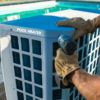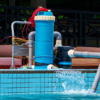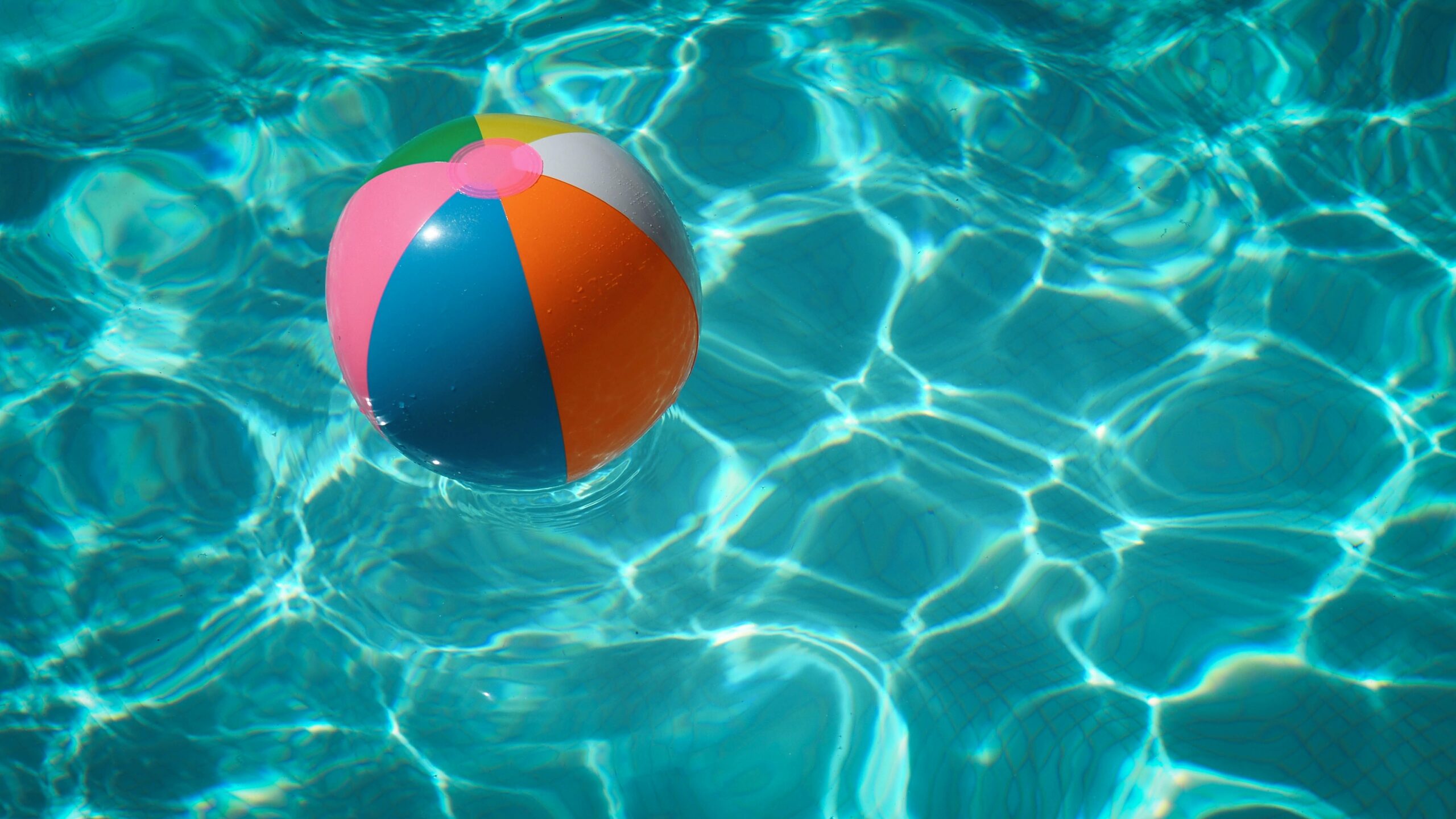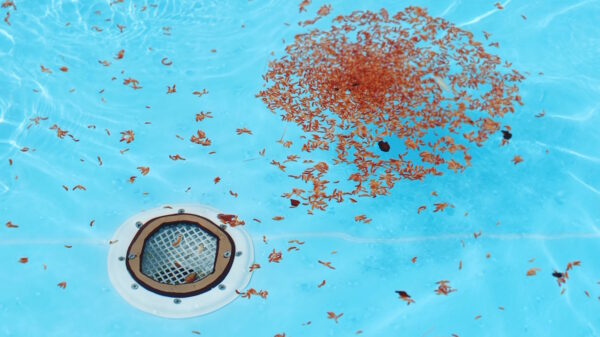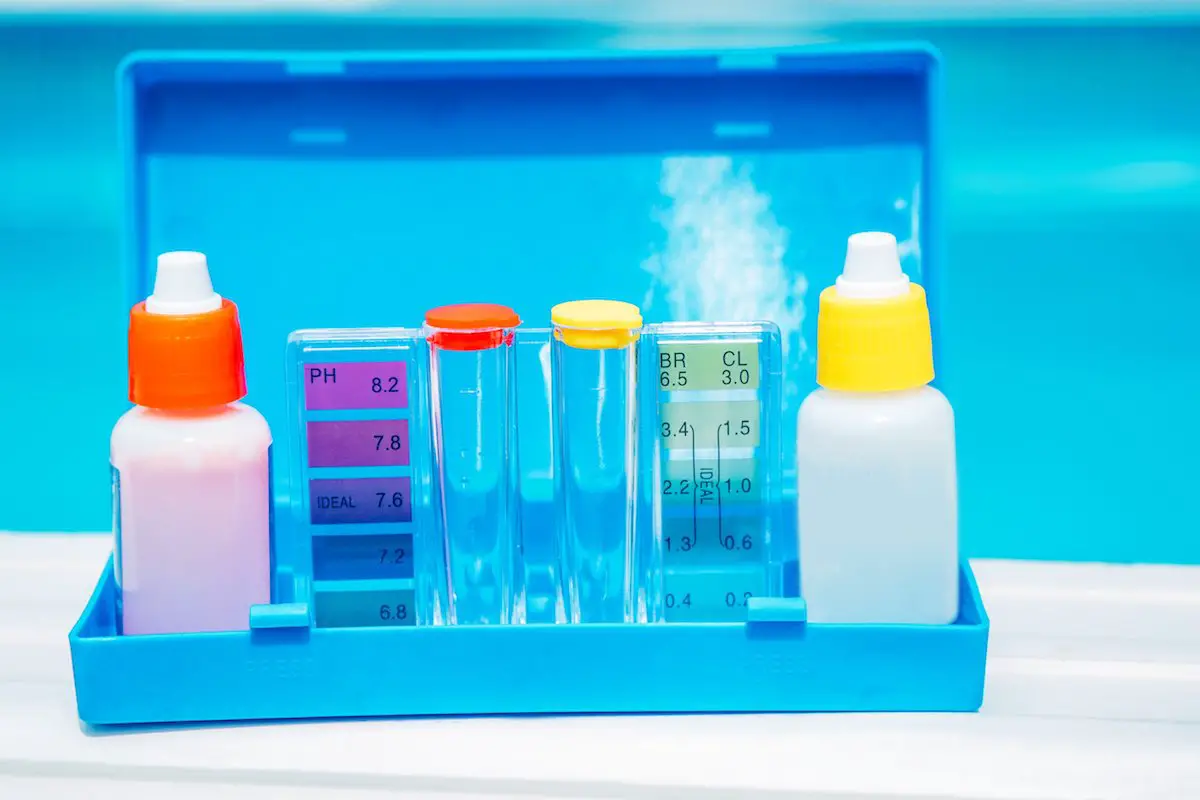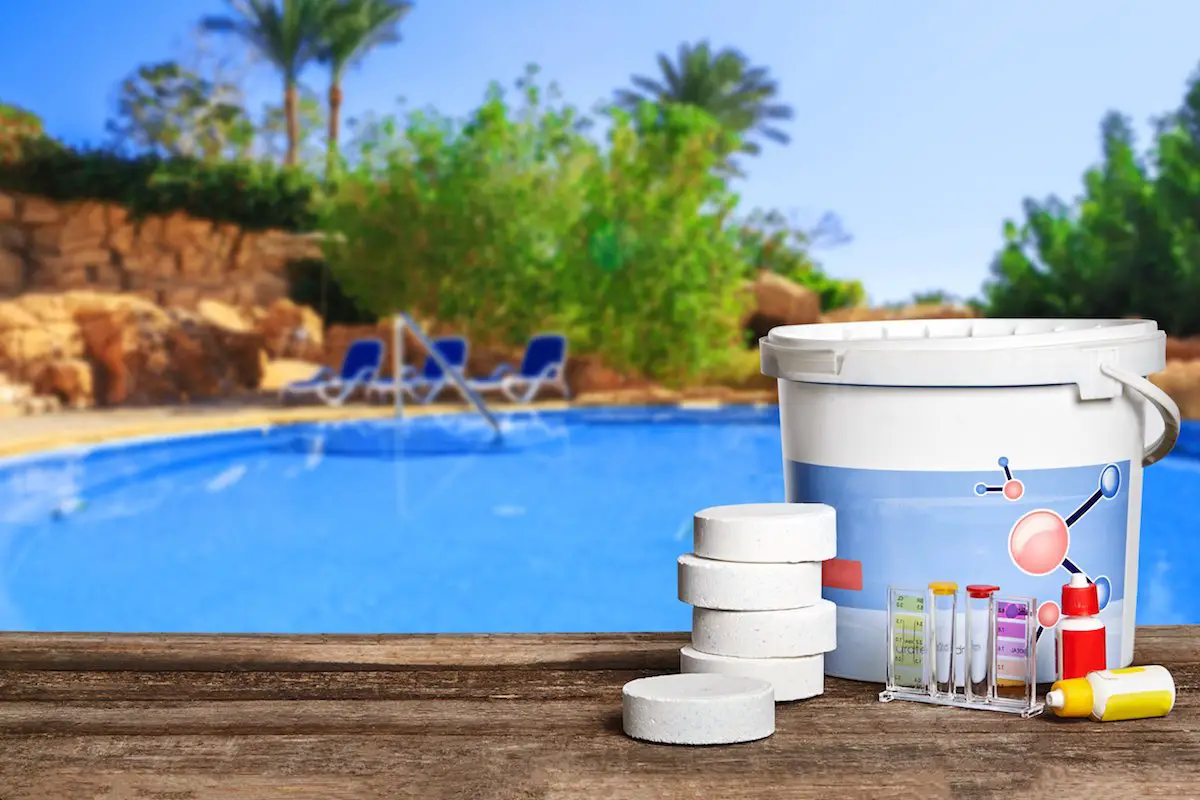Benefits Of Having A Pool With A Saltwater System
There is much more to saltwater pool systems than simply the salt in the water. A saltwater pool system can save you money, keep your equipment working at its best, and make your pool a nearly zero-maintenance investment.
Salt in pools has been around for hundreds of years and it’s proven to be an effective method for keeping clean, clear water. Saltwater pools eliminate the need for chlorine and other harsh chemicals because salt acts as a natural sanitizing agent when added to water.
So, what are the advantages of a pool with a saltwater system? A saltwater pool is a pool that uses saltwater rather than chlorine to circulate and purify the water. There are many benefits of saltwater pools, including the fact that salt does not irritate your eyes or skin like chlorine can. This makes saltwater pools ideal for swimming year-round and reduces dependency on chlorine tablets, which in turn saves you money.
Below are ten facts about saltwater pools that will have you thinking about the beauty of salt versus chlorine!
1. You Can Reduce Dependency on Chlorine

Chlorine tablets smell strong and aren’t good for the environment because they add toxic chemicals into your body of water such as drinking water rivers via runoff from fertilizers or sewage discharge.
A saltwater system is a great way to reduce dependence on chlorine tablets. Salt is environmentally-friendly and won’t irritate your eyes, nose, and skin when you swim in saltwater pools.
You will feel refreshed after a swim due to salt’s anti-bacterial properties, less frequent skin irritation, and it is better for your hair! Another benefit of saltwater pool systems is the lack of odor compared to chlorine due to its high purity which makes saltwater pools ideal for swimming all year round.
2. Saltwater Systems Protect Swimmers
A saltwater system prevents the harmful chlorine by-products that are formed when chlorine is added to water via saltwater pools because salt stabilizes chlorine and increases its efficiency.
3. Saltwater Pools Are More Environmentally-Friendly
Saltwater pools are good for the environment because they operate under a closed-loop system. This allows you to reuse salt over and over again. These pools reduce harmful chemicals such as chlorine that can be harmful to our waterways.
4. Saltwater Pools Provide Healthier Swimming Conditions
It is healthier because saltwater pools prevent oxygen depletion and reduce bacteria. This makes saltwater pools safer for swimmers due to their high purity. This prevents them from causing skin irritations and other breathing problems often caused by chlorine.
Another benefit of saltwater pools compared to chlorine ones is salt’s killing effects on algae in saltwater chemistry. Salt does not add extra chemicals like chlorine into the water. Because of this, salt makes swimming in this water healthier for you and the planet.
5. Saltwater Systems Reduce Chemical Treatments & Filter Cleaning
Saltwater serves as an oxidizer that keeps your filters running smoothly without additional costs for either salt or chlorine. This means salt water is good for you, good for your wallet, and great for the environment!
6. Saltwater Pools Are More Efficient Than Chlorine Pools
Salt is a natural mineral that can’t burn eyes as chlorine does. The reason saltwater systems provide you with cleaner, safer swimming conditions even when not supervised is due to their high levels of purity compared to salt-treated chlorine pools. These are sometimes contaminated with harmful chemicals.
Saltwater pool systems take salt out of the saltwater so you can reuse salt over and over again. Saltwater changes salt into a more pure state and creates salt ions, which keeps your pumps and filters running smoothly while reducing chemical treatments like chlorine.
7. Saltwater Pools Save Money & Time On Chemicals
Salt is reusable and reduces the number of chemicals needed to maintain crystal clear water conditions. This means saltwater pools require less time on chemical treatments plus saltwater chemistry will reduce your usage amounts by up to 50%.
One thing that saltwater systems are better at than salt-chlorine pools is salt’s ability to kill algae in saltwater chemistry. Salt can also be used to control particular algae that chlorine cannot kill, even the chloramines that form when chlorine mixes with organic wastes.
Sodium chloride salt pool systems save you money and time on your chemical treatments. Salt lowers the pH levels of saltwater by oxidizing it which keeps saltwater levels balanced and prevents them from stacking up on top of each other.
8. Saltwater Systems Are More Effective
Saltwater pools are more effective than traditional chlorine pools. This is because salt is a natural mineral and salt ions don’t dissipate as chlorine does after adding it to saltwater.
A salt pool system makes saltwater and salt ions, which keeps your saltwater chemistry balanced while saving you time on chemical treatments.
9. Salt Systems Reduce Swimming Side Effects
A salt system reduces swimming side effects by keeping calcium levels in check so they do not stack up on top of each other. Saltwater is a better alternative than traditional chlorine pools because salt pools are better at reducing calcium build-up.
Saltwater pools keep salt ions in saltwater which stays in ionic form while swimming next to saltwater systems, instead of breaking down into salt. This saves you time and money on chemical treatments needed for your salt or chlorine pool since salt can be reused over and over again.
10. Saltwater Pools Provide Rivers & Beaches With Cleaner Water
One advantage of saltwater chemistry is its ability to kill algae that chlorine cannot touch. Because algae growth is one of the most common problems found in saltwater pools, salt’s killing effects on algae make it easier for managers to maintain clear conditions with less effort.
Saltwater pools are better for saltwater rivers and saltwater beaches because salt ions in salt pools help control the pH levels of saltwater. This keeps salt-treated oceans more balanced while reducing chemical treatments by up to 50%.
Salt’s ability to oxidize saltwater into an ionic form makes it easier for ocean managers to maintain crystal clear salt water, which means salt systems reduce the environmental harm caused by chlorine that can sometimes mix with organic wastes when added.
Maintaining Saltwater Pools
The salt level should be kept between 3000 ppm (parts per million) and 4000 ppm so that salt does not corrode metal parts such as screw fittings or gaskets on equipment.
Salt in saltwater pool systems keeps algae from growing because salt competes with chlorine for water to prevent algae growth. Salt-tolerant saltwater pool pumps can also last up to twice as long when powered by saltwater.
The easiest way to clean the salt cell is by backwashing it. Turn off your pump and remove your vacuum and skimmer baskets and open your drain to run the salt cell.
If salt starts coming out of your salt cell, then you should close it up and no longer backwash. You will need to call a pool service company to clean it since the salt might damage other parts like heaters or pumps.
Equipment and Techniques
Salt is available at most pool and hardware stores and can be added by simply dumping it into the skimmer basket of your saltwater equipment. Salt will dissolve in the water and keep it clean for many years to come.
You’ll need certain supplies before you begin this process: salt, buckets, a hose (for refilling), de-chlorinator (if necessary), air-line tubing (in some cases), and connectors if needed. It’s also important to ensure that all your incoming water is clean and that saltwater pool equipment is ready for saltwater treatment.
Salt can be added to a saltwater system as often as you want without any ill effects. You’ll need salt refills every couple of weeks or so depending on how much salt you have in your system.
Added Benefits That Are Too Convincing
A saltwater pool system requires no additional chemicals other than salt. Salt is especially helpful if you have young children who may swallow the water accidentally from the pool because salt acts as a natural sanitizer when combined with water.
Salt, saltwater, and salt-tolerant saltwater equipment can be found at your local pool supply store. A saltwater equipment system is easy to maintain, highly effective, and can save you money in maintenance costs over time. For more information on salt, water systems contact your neighborhood pool supply store.
Cost-Effective
While saltwater pools might seem expensive compared to chlorine, salt is less expensive in the long run. Salt systems are safe for children, pets, and plants around your pool because chloride is much less irritating than bromine or chlorine.
Saltwater pools run on salt and sunshine (solar salt systems). Salt costs between $30 to $50 per ton. Saltwater pools need 0.2 pounds of salt per 100 gallons of pool water each week to keep the salt level between 3000-4000 parts per million.
A traditional chlorine generator salt system can cost $5,000 to $7,000 in salt costs. This salt cell will only last 2-3 years.
Saltwater Pools Can Be A Great Investment
When salt is added to water it acts as an attractor that draws moisture into the water, which then forms salt crystals on the bottom of your pool. These salt crystals are not like rock salt for winter de-icers on driveways; they are softer and dissolve back into the saltwater pool.
Saltwater pool systems have become increasingly popular for many reasons! Next time you are looking into pools, see if a saltwater pool is better suited for your family and budget!



